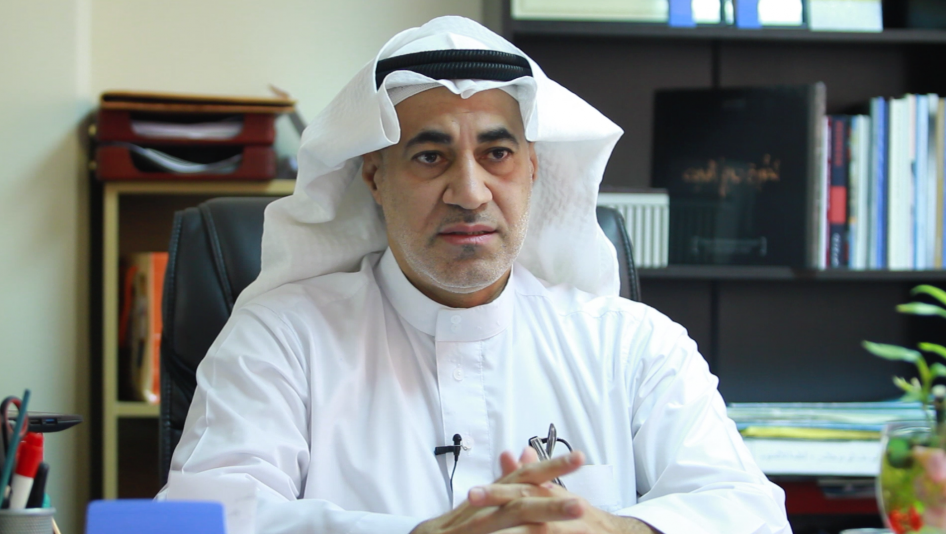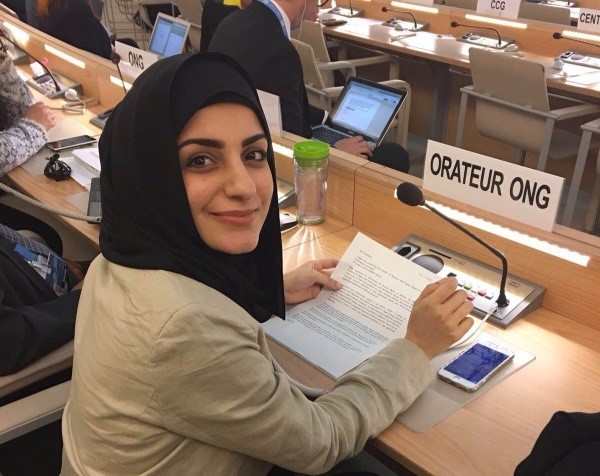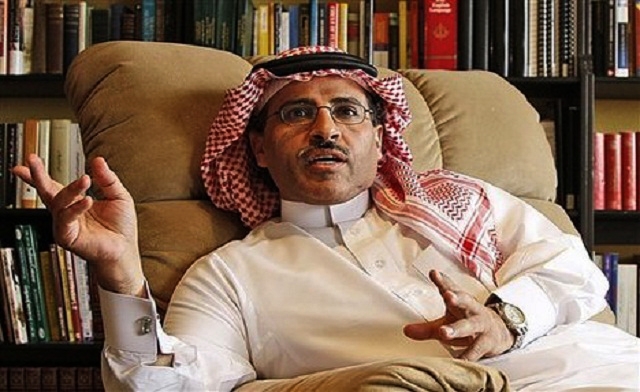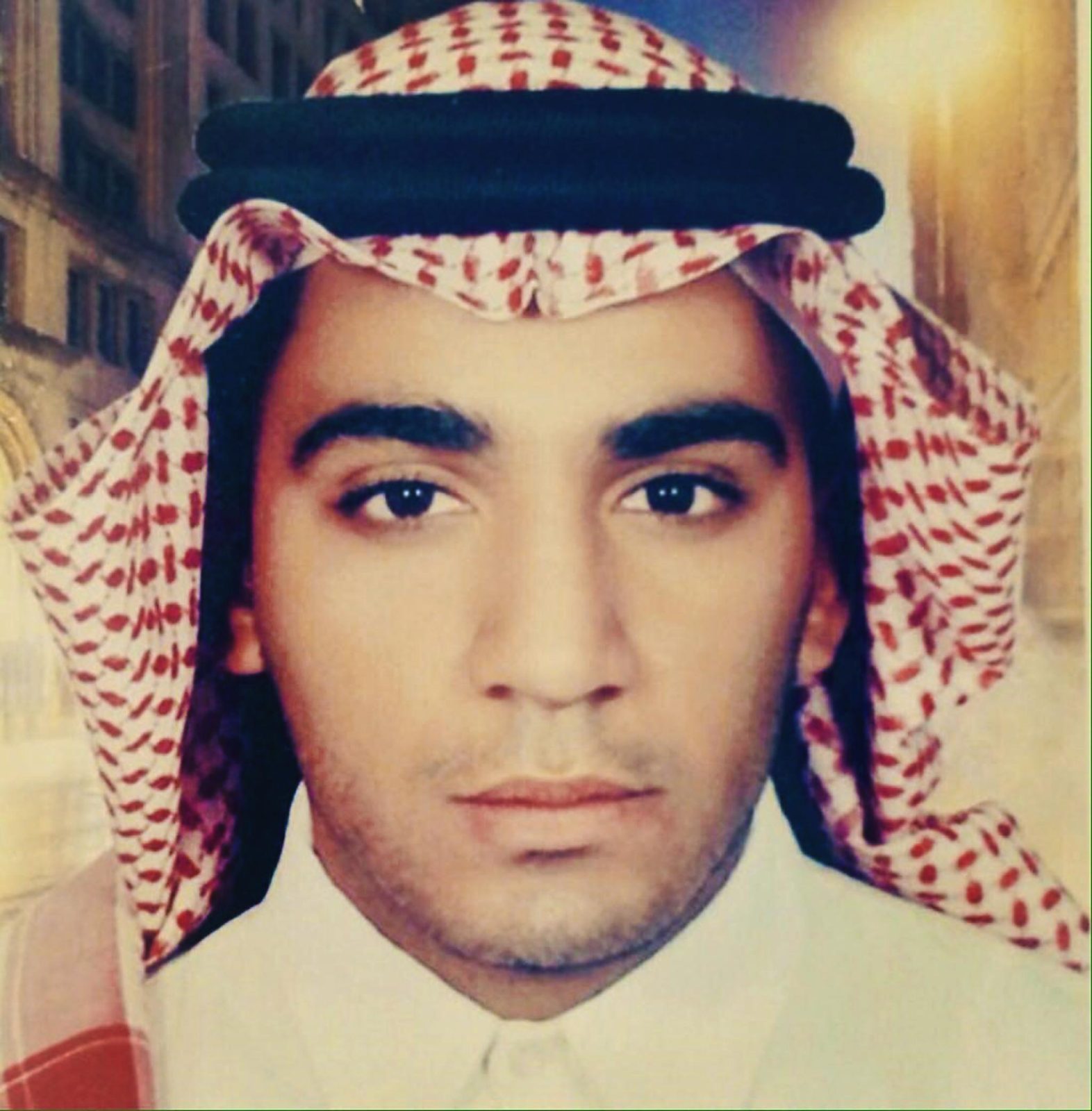In November 2016, the Government of Bahrain charged prominent human rights lawyer Mohammad al-Tajer with “insulting government institutions, inciting hatred of a religious sect, and misusing a telecommunications appliance.” If convicted, al-Tajer could face more than five years in prison. No date has been set for his trial. Bahrain’s public prosecutors cited a private WhatsApp[…]
One year ago this month, the Saudi Association for Civil and Political Rights (ACPRA) co-founder Mohammad al-Bajadi was discharged from al-Hayer prison after serving a four-year sentence. He spent the next four months in Saudi Arabia’s notorious Mohammed bin Nayef Center for Counseling and Care, an extremist rehabilitation center, despite his lifelong record of non-violent,[…]
On 16 November 2016, the Government of Bahrain sent masked civilian police and riot police to surround the house of Asma Darwish’s family in Sitra, Bahrain. Authorities sent the police to Darwish’s house to summon her to Bahrain’s Public Prosecution Office (PPO) the next day for charges of “illegal gathering” she allegedly participated in three[…]
Mohammad al Qahtani is a former economics professor and one of the principal visionaries behind the Saudi Civil and Political Rights Associations (ACPRA). On 9 March 2013, a Riyadh criminal court sentenced him and fellow ACPRA co-founder, Abdullah al-Hamid, to ten and eleven years in prison respectively. Al-Qahtani’s sentencing and imprisonment is the result of[…]
On 4 November 2016, the Kingdom of Saudi Arabia sentenced Munir al-Adam, 23 years old, to death. Security forces arrested him in 2012 for his involvement in the 2011 protests, when he was 18 years old. During his trial, authorities did not allow him access to a lawyer. Al-Adam is partially blind and partially deaf.[…]









